
Subscribe to our mailing list.
All Blog Posts With Tag: David W. Congdon
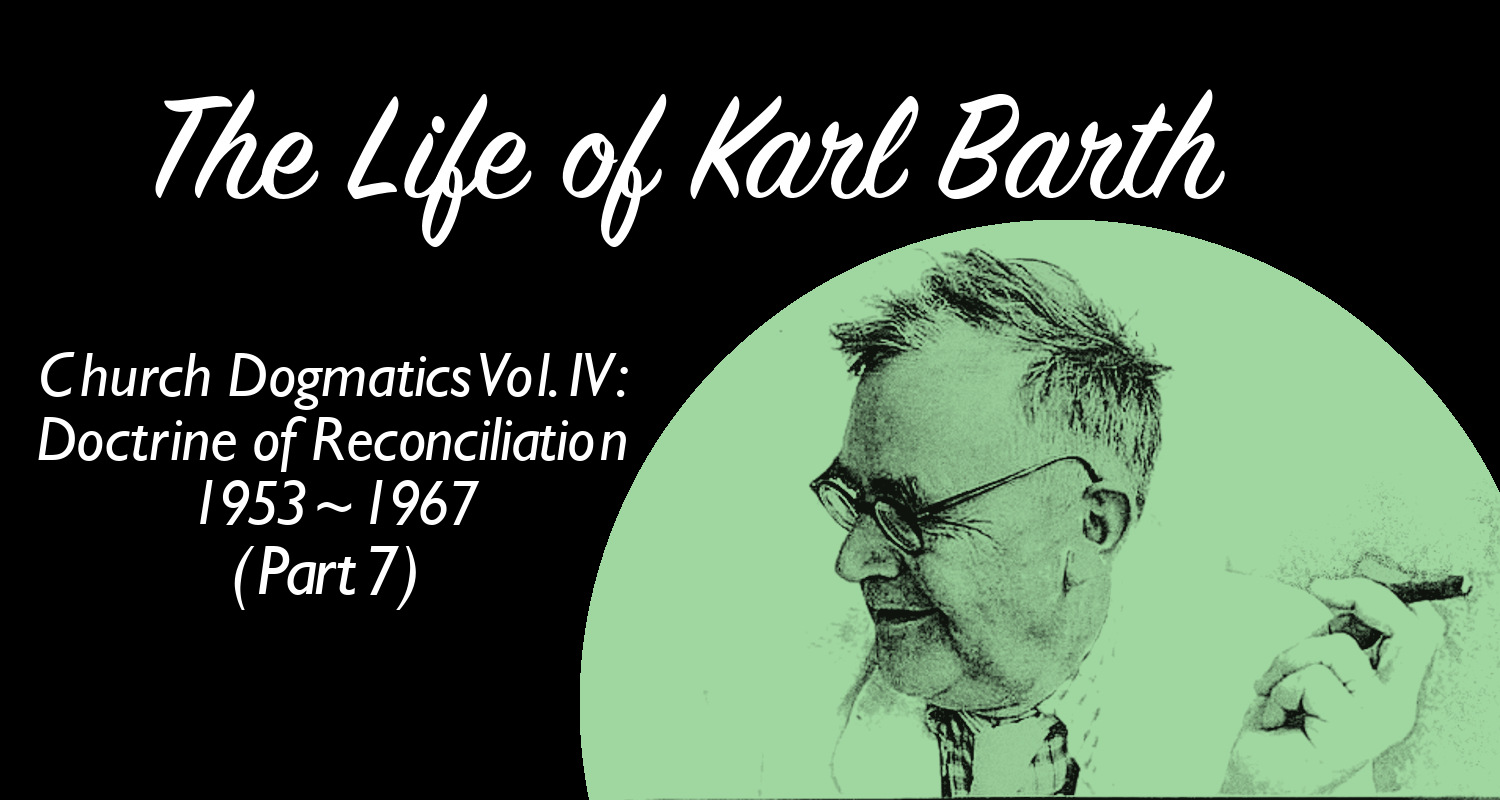
The Church Dogmatics, Vol IV: Doctrine of Reconciliation
From 1952 until 1967, Karl Barth devoted his time at the University of Basel to writing the unfinished fourth and final volume of the Church Dogmatics: the "Doctrine of Reconciliation" (CD IV). I will summarize this time by summarizing each of the part-volumes […]
Related: Basel, CD IV, CD IV.1, CD IV/2, CD IV/3, CD IV/3.1, CD IV/3.2, CD IV/4, CD V, Charlotte von Kirschbaum, Christian Life, Church Dogmatics, Church Dogmatics IV, Church Dogmatics IV.1, Church Dogmatics IV/2, Church Dogmatics IV/3, Church Dogmatics IV/3.1, Church Dogmatics IV/3.2, Church Dogmatics IV/4, Church Dogmatics V, David W. Congdon, G.C. Berkouwer, Hans Küng, Rudolf Bultmann, W. Travis McMaken, white whale
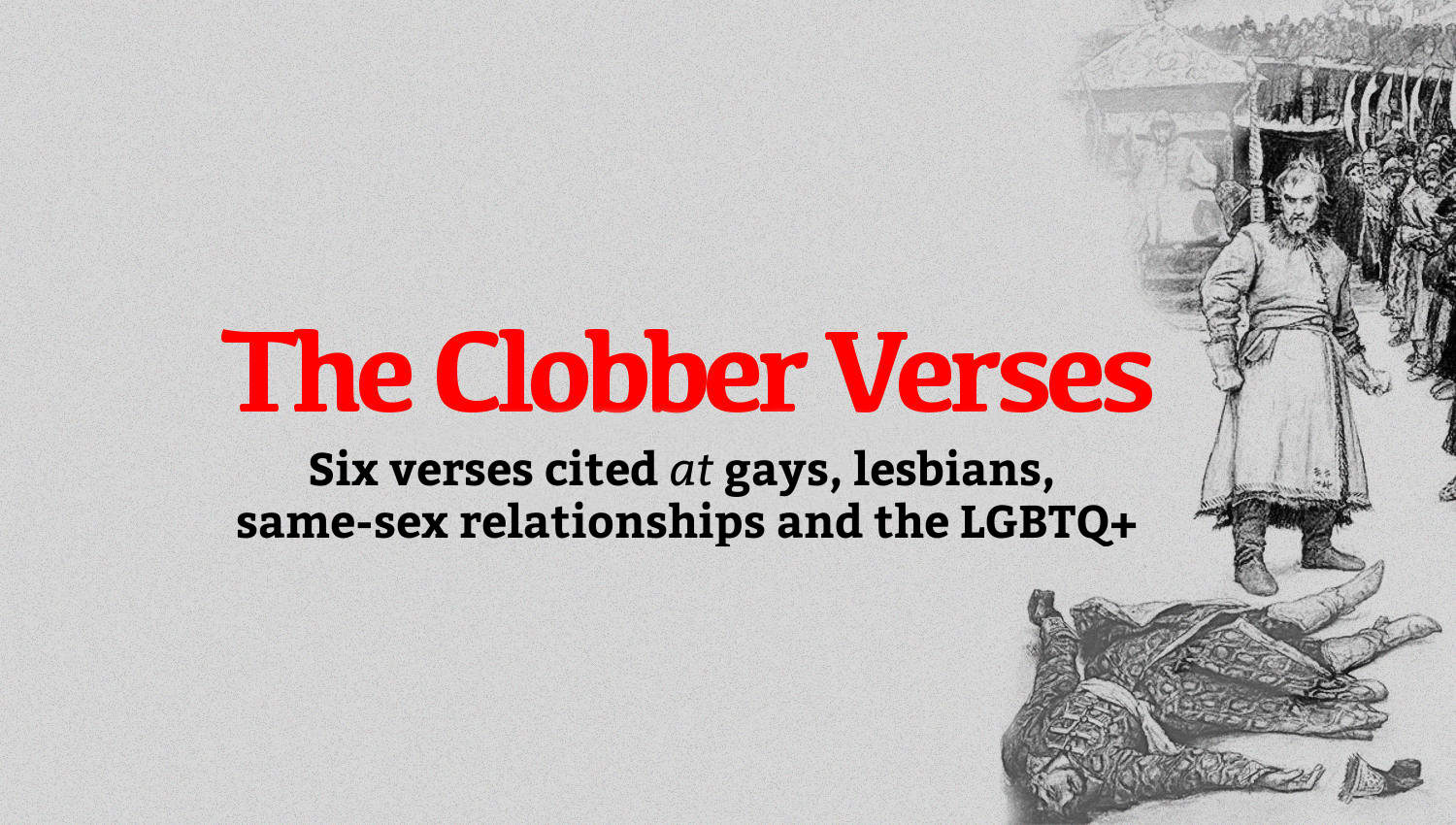
The Bible rarely addresses homosexuality, and all modern theological and ethical discussions of same-sex relationships are based roughly on six bible passages. In recent decades, theologians have recognized that these six verses are difficult to interpret, and many have questioned the traditional interpretations of them, and whether they apply to same-sex […]
The God Who Saves: A Dogmatic Sketch by David W. Congdon (Review) (January 12, 2017)
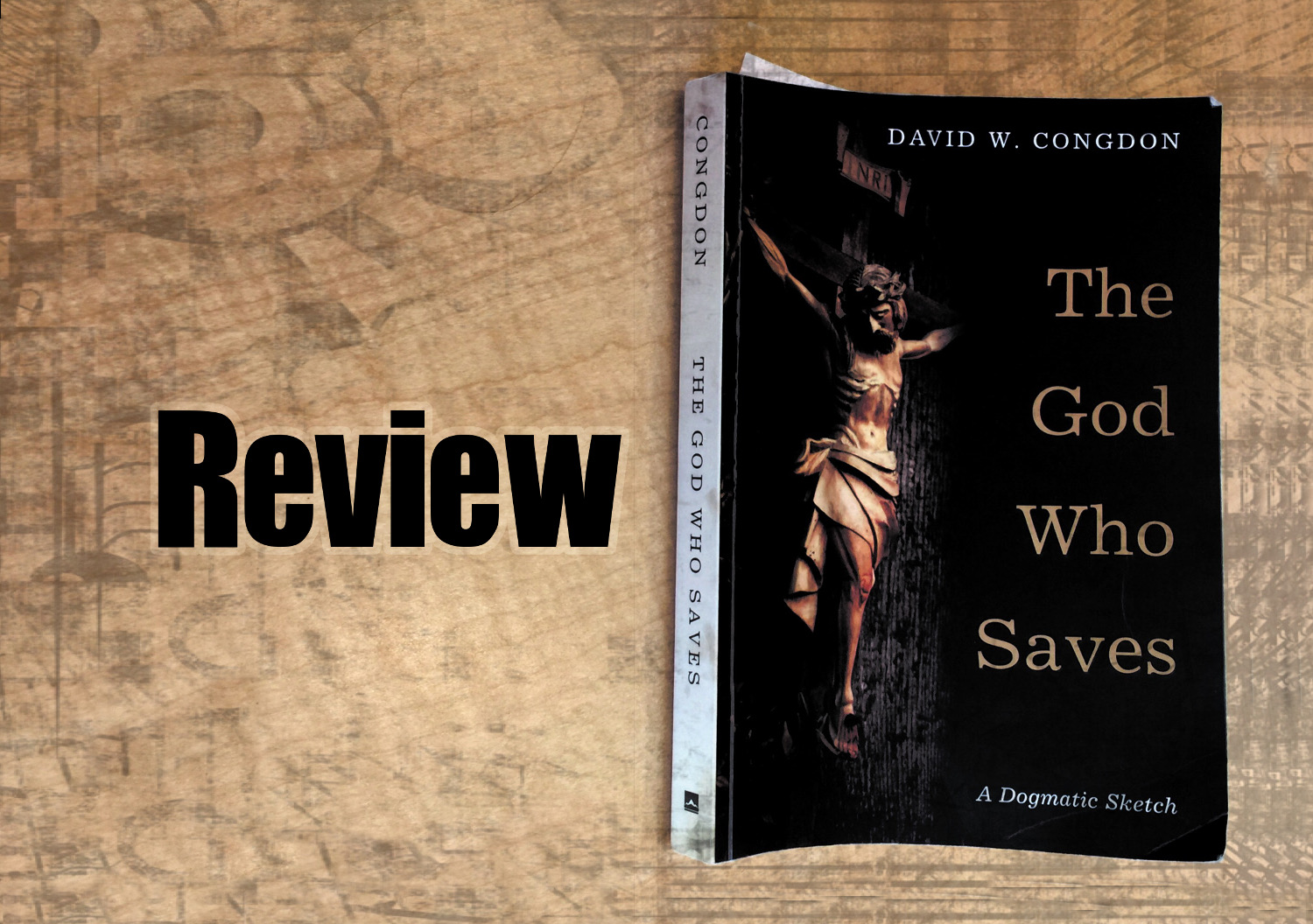
The God Who Saves: A Dogmatic Sketch by David W. Congdon is a brilliant and well written theological book, and my favorite book published in 2016. In The God Who Saves, Congdon leverages his expertise in Bultmann's existential theology and acute knowledge of Karl Barth to produce this eye-popping dogmatic sketch of a universalist […]
Rudolf Bultmann: A Companion to His Theology by David W. Congdon (December 1, 2015)
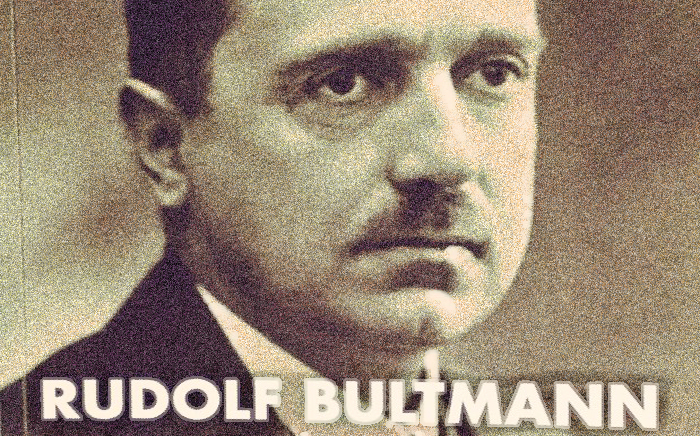
Rudolf Bultmann: A Companion to His Theology (Series: Cascade Companions) by David W. Congdon is a concise introduction to the person and work of Rudolf Bultmann. It summarizes the loci of Bultmann's theological program in less than 2o0 pages, making it a valuable resource on Bultmann by a scholar who is […]
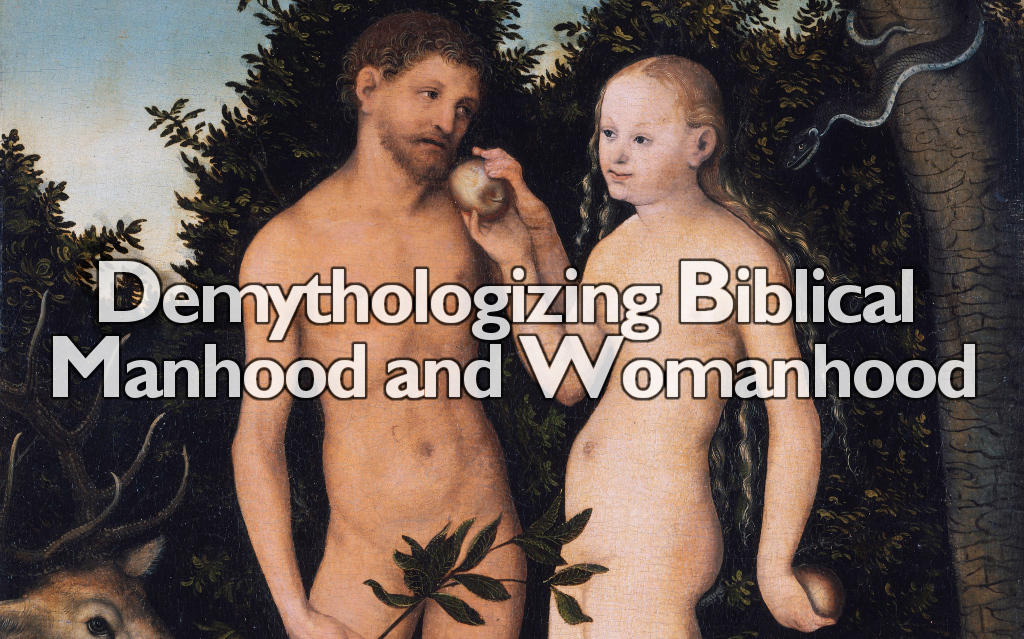
Are gender roles a permanent fact of creation? Is there a Natural Theology of Gender? And therefore man has a unique leadership role in the Church? David Congdon, author of The Mission of Demythologizing: Rudolf Bultmann's Dialectical Theology answers a decisive "No" to all these questions. In the following quotation, Congdon reveals the danger […]
Barth vs Bultmann: The Myth of the Whale and the Elephant (June 6, 2015)
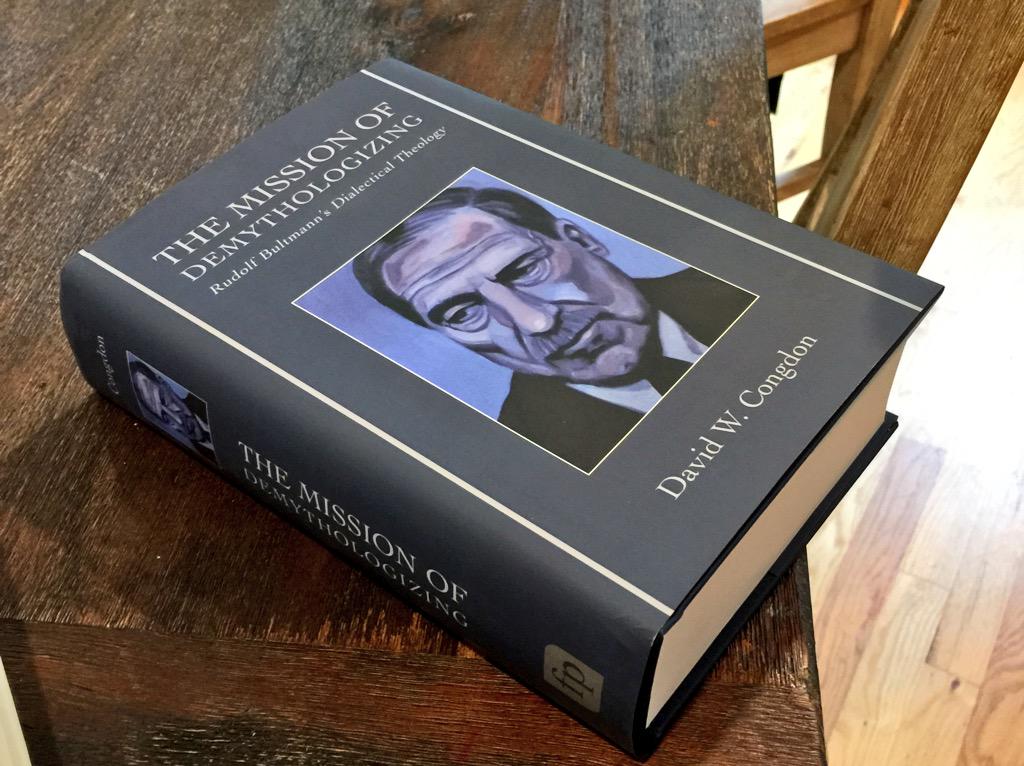
Karl Barth and Rudolf Bultmann were once friends, believe it or not, before theology tore their friendship apart. It is rumored that Karl Barth abandoned his Church Dogmatics due exasperation caused by rising interest in Rudolf Bultmann despite Barth triumphantly overcoming his 'friend-turned-enemy' in his magnum opus. Barth grew exasperated with Bultmann's […]

